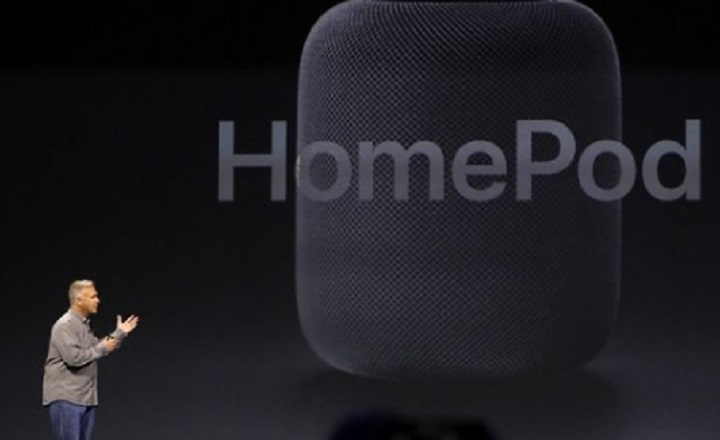From smartphones to computers to watches, Apple (NASDAQ:$AAPL) has become one of the top companies when it comes to tech products. Just recently, it announced a new product — an artificial intelligent speaker called HomePod. However, this product isn’t the first of its kind. In 2015, Amazon.com (NASDAQ:$AMZN) pioneered voice-controlled speakers with the Echo. Since then, the tech company has continued to renovate, improve, and expand its product; recent additions include the Echo Look and Echo Show.
Apple has never worried too much about being the very first company to offer a particular product as long as the fact that once the product goes on the market, it is the best. That being said, can HomePod measure up to Echo?
It’s A Little Pricey
Compared to the cost of Echo at $180, Apple’s HomePod is available for purchase at the whopping cost of $349. As well, since the Echo came out a few years ago, Amazon could benefit from falling costs, whereas Apple just release HomePod, and thus its cost needs to start at the height of HomePod’s cost curve.
However, premium pricing is part of Apple’s usual sales strategy. The tech company also try to justify the cost, noting that the total cost of a Wi-Fi speaker and a smart speaker can easily total about $400 to $700. The sound quality could also be worth the cost, but this has yet to be seen.
Apple Music
Following the popular music streaming platform Spotify, Apple released Apple Music. Apple Music is now currently just behind Spotify with over 20 million paying subscribers while Spotify has around 50 million.
While Amazon also has a music-streaming platform called Prime Music that comes with a Prime membership, most people don’t get Prime memberships just for streaming music. Also, the 2 million songs in Prime Music catalog compared to Apple Music’s impressive library of over 40 million songs puts Apple Music as a definite top contender.
As such, HomePod’s integration with Apple Music will be advantageous, especially if the consumer is already subscribed to Apple Music, has a number of Apple products, and prioritizes music streaming when purchasing smart speakers.
Playing Catch-Up
Besides price and quality, the success of both company’s smart speakers comes down to artificial intelligence. Any AI nowadays can do basic tasks such as fetching stock prices, announcing the weather forecast, or answer basic questions. The real strength now comes from the power they provide other devices from third-party developers.
Third-party integration that enable the speakers to turn your home into a smart hub (turning on the lights, lowering the shades, etc) is invaluable. Since introducing Echo just a few years ago, Amazon has made great progress when it came to building a third-party integration named Skills, allowing the Echo to be one of the key parts of smart home hubs. Echo’s AI, Alexa, now knows over 10,000 Skills (commands) and the catalog is growing weekly. In comparison to another smart speaker that has been around for a bit, Alphabet’s (NASDAQ:$GOOGL) Google Home doesn’t compare. Its third-party integration Actions has nowhere near 10,000 commands.
HomePod is looking to support HomeKit, Apple’s smart home platform. Apple may be hoping that HomePod will elevate HomeKit or vice versa, as public response to HomeKit has been a little underwhelming since its release three years ago. This could be largely due to the fact that even popular smart home devices, such as Alphabet’s Nest, does not support HomeKit, but works with Amazon Echo’s AI Alexa.
An advantage that HomeKit carries, however, is that it works across a wide range of Apple devices. If HomePod takes off and Apple places some focus into growing its HomeKit ecosystem, there could be great potential in that area.
Featured Image: twitter










